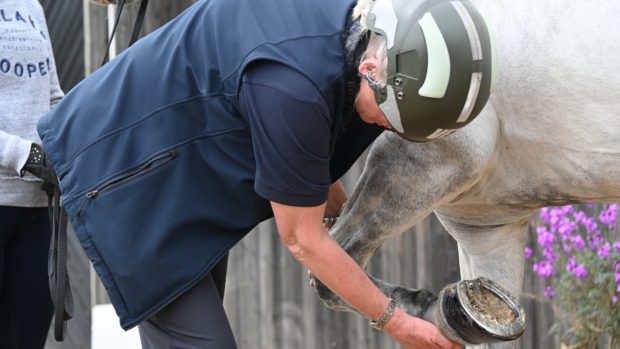A court battle over a spooked horse serves as a “reminder to deal with cases as proportionately as is possible” after the judge spent 17 hours reading his judgement aloud.
The reading of the 138-page report lasted for four days, which reportedly increased the parties’ legal costs by thousands of dollars.
The case dealt with a man who fell from his horse after, it was claimed, the horse was spooked by a car.
District judge Garry Neilson awarded the claimant $340,000 (£198,500) in respect of his injuries.
But Mr Neilson was criticised for taking so much time in reading his judgement by the Australian Court of Appeal, which has recently overturned his decision to award damages.
It found the horse’s actions were not linked to the vehicle concerned, and that the claimant was not entitled to receive the money from the driver, adding that there was “no explanation” for Mr Nielson’s delivering such a long judgment in court.
Continued below…

Charities get thousands as court overturns £486k inheritance case
The RSPCA and the Blue Cross are among the charities that will receive a split of the money following the

Council seeks order to criminalise riding on its land
Public space protection orders, more commonly known as PSPOs, were first introduced in 2014 and criminalise specified activities in certain

‘I thought he’d broken his leg’: rider wins case following road accident
The rider was awarded damages of more than £4,500
“Although this is an Australian case, it serves as a reminder to judges to deal with cases as proportionately as is possible (bearing in mind the complexities of the case),” said equine solicitor Hannah Bradley.
“In any dispute, the parties’ legal costs can become disproportionate if not properly managed.
“Disputes regarding the behaviour of a horse at a certain time will inevitably involve uncertainty. The court will have to rely on hearing witness evidence from both sides, and potentially expert evidence in respect of the horse’s temperament or training. All of this can be costly.
“The courts are increasingly encouraging parties to resolve differences through alternative methods of dispute resolution such as mediation (a process where the parties in dispute attend a meeting facilitated by an independent party who will help them reach a resolution).”
For all the latest news analysis, competition reports, interviews, features and much more, don’t miss Horse & Hound magazine, on sale every Thursday





